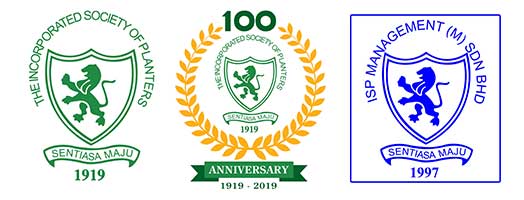The Incorporated Society of Planters (ISP) is poised to usher in a new era of growth and sustainability across the continent in the area of plantation industry.
Proterm vice chairman, ISP, Africa, Fatai Afolabi, who, during a zoom meeting against the official launch of the society in Africa, said it will change the game of plantation in the continent.
According to him, the launch will be held on the 24th of May at the Abuja Continental Hotel in Abuja, Nigeria, with the aim to foster networking opportunities among agricultural experts, industry stakeholders, policymakers and researchers, amongst others in Africa.
He said, “Definitely in Nigeria today, the paradigm has changed. We cannot do planting the way it was done 50 years ago when Nigeria held sway as the largest producer of palm oil.
“The only reason for instance why Malaysia and Indonesia have taken over Nigeria in palm oil is that they have changed their game in how they plant. We cannot be planting using the same material or the same system used 70 years ago and expect to get the same results as those that are using modern technologies and techniques.
“Also you cannot expect to plant a seed for instance with a potential of one tonne to the hectare and expect to get 10 tonnes to the hectare yield. This means your production has been limited with the materials you have planted.”
On his part, the chairman, ISP, Africa, Shermal Perera, said the important thing that it is trying to bring to Nigeria in terms of benefits is actually capacity building.
“As you all know, Malaysia is still a leading country in oil palm. We are now moving into a space of computers, AI and a lot of modern development. You know, looking at sustainability, renewable energy, zero diesel usage, in running an oil palm plantation is very efficient and productive.
“We started at a very humble beginning learning from Nigeria, and many countries in Africa. What happened was we had developed oil palm, cocoa rubber into paddy, high standard and high efficiency. Thereafter, Most of our managers, general managers, supervisors were sought after by the industry in Indonesia.
“And it is quite clear that some of us went over to Indonesia and developed oil palm cocoa, rubber in Indonesia itself, making it today a country that has its own people developing these crops and making the country into a very well established agriculture country,” he added.




